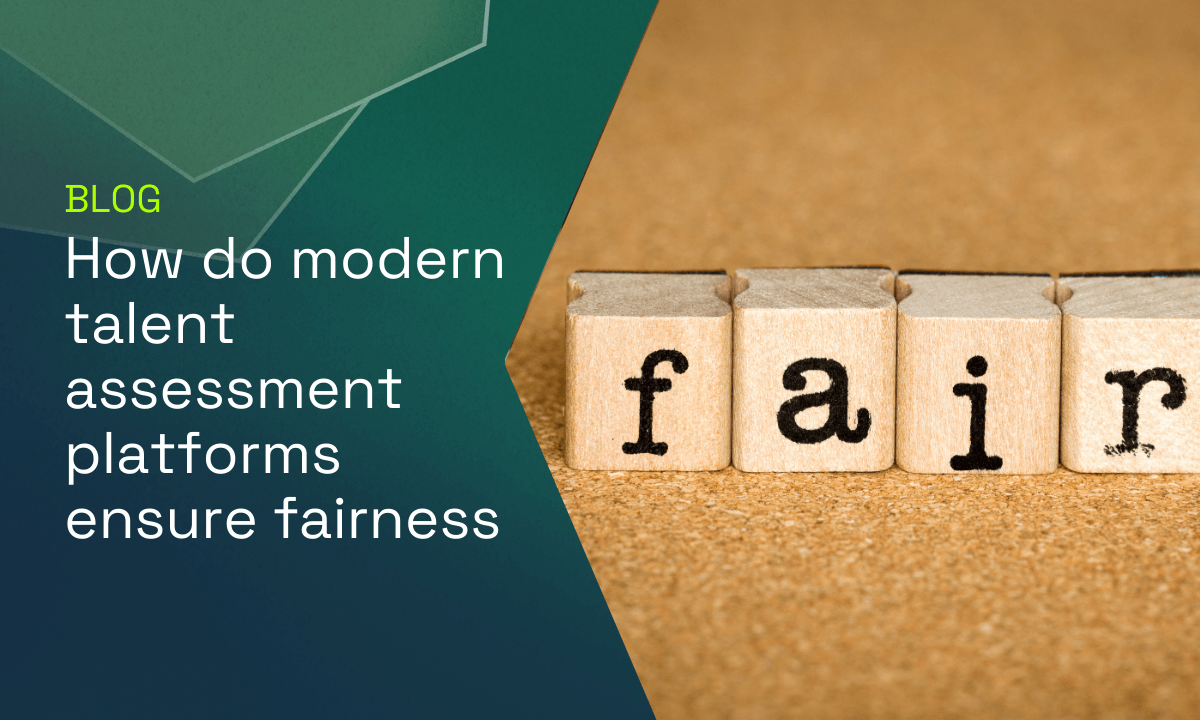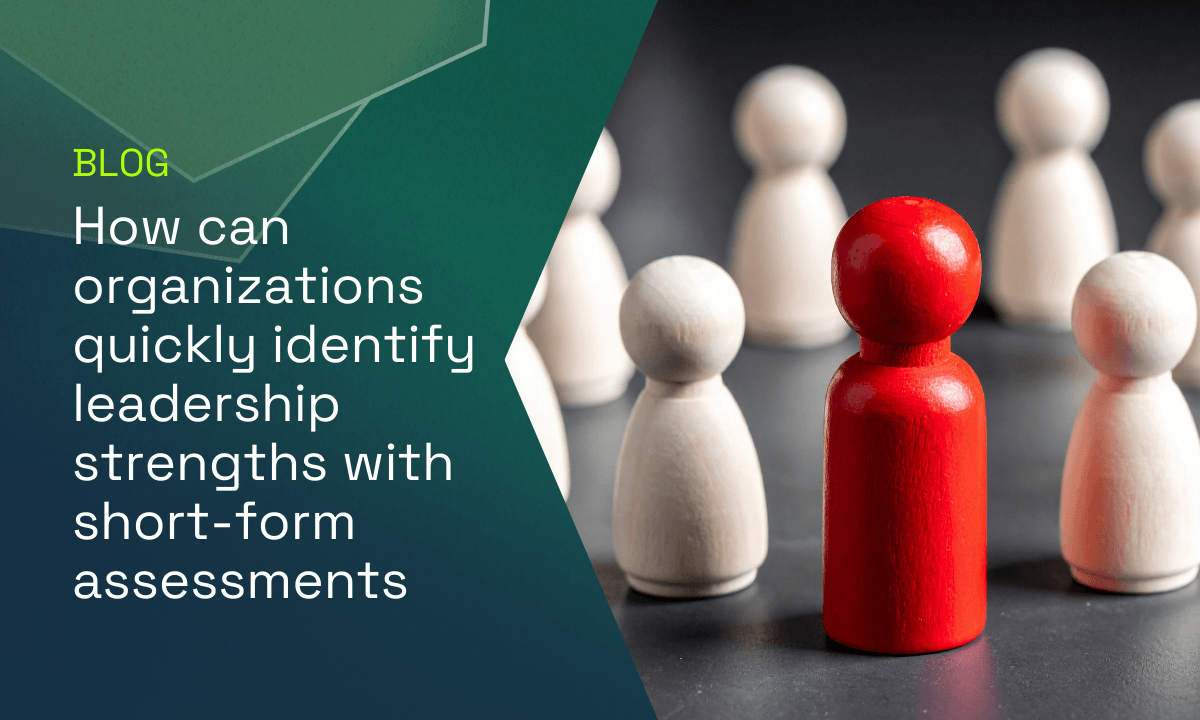The Top 5 Reasons Why Feedback is Critical to Success
Feedback is a powerful tool to help individuals, teams and organizations learn, grow, and thrive. Whether it is complimentary or critical, feedback provides the guidance and direction needed to improve performance and reach goals. The purpose of feedback is to increase self-awareness. Feedback helps people understand the consequences of their decisions and actions so they are more capable and confident, and don’t make the same mistakes twice.
With this in mind, here are the top five reasons why feedback is critical to success: it increases motivation, provides direction and clarity, facilitates learning and development, encourages self-reflection, and improves communication. With quality feedback, people can better understand the progress they are making and the areas they need to improve. Mastering the art of feedback is beneficial for businesses, teams, coaches and individuals alike.
How is feedback defined and why is it so important?
Feedback is a two-way communication process in which people provide and receive information about their performance, behavior, decision, or progress. It can be given in a variety of formats, including written or verbal, constructive or appreciative, and is focused on behavior or results. Feedback is an essential part of any relationship because it helps people understand how they are being perceived. It can also help people understand their strengths and development areas. In this way, feedback is critical because it gives people the insight and guidance needed to improve performance and reach goals. In addition, feedback promotes accountability and transparency in the workplace. When feedback is withheld, the same opinions still exist, but you are left guessing about what others think.
How feedback increases motivation
When delivered properly, feedback can be incredibly motivating because you will have a much better idea about what you need to do to be successful. You can use this information to set realistic goals for yourself and try out new strategies for how to achieve them. Hearing critical feedback, or what you need to change, might be frustrating, but it can also be motivating because unless you know what you are doing wrong, you will have no desire to improve. It can help you build the confidence and perseverance you need to get better. Positive feedback is equally important for boosting motivation. Hearing what you did well helps you feel appreciated and valued by others. Research from IBM found that employees who receive recognition have engagement levels almost three times higher than employees who do not.
Providing direction and clarity
Feedback can help provide clarity and direction by identifying challenges and providing solutions. If you are working in a team, you can use feedback to identify potential issues and come up with strategies to solve them. This can be beneficial both in the short- and long-term, as it can help you improve communication and collaboration within a team. Feedback can also be used to clarify expectations in a variety of contexts, such as meetings and performance reviews. It can help both the giver and receiver understand how their actions are impacting a situation or relationship. This can be critical for increasing productivity and understanding during hectic work periods.
Facilitating learning and development
Feedback plays an important role in learning and development. It can help you recognize your strengths and what you do well. It can also identify your weaknesses and areas for improvement. We learn much more quickly and effectively when we have an accurate and clear understanding of how well we are doing and what we need improve. With the right feedback, you can develop the right goals for yourself and then create a plan for how to achieve them. You can use this information to improve your performance and become more effective in your work.
Encouraging self-reflection
There is often a gap between how we see ourselves and how others see us. Feedback is one important means for filling this gap. Whether the feedback aligns or is counter to our self-perception, it helps us make sense of our reputation, where we excel, and what we need to work on to be the best version of ourselves. In this way, feedback is an important means for increasing self-awareness, helping you reflect on your performance and progress in your current role. This can be useful both in your personal and professional life. It can help you understand what is holding you back and where you excel. Knowing these things can help you feel more confident in yourself and your abilities. This can be helpful in achieving your goals and becoming a more effective person overall.
Improving communication
Feedback can improve communication by helping people understand each other more clearly. It can be used to clarify expectations, ensure alignment, and solve problems. It can also help people become more aware of how their actions are impacting a situation or relationship. All of these things can help improve communication in the workplace through increasing clarity, transparency, openness.
Examples of effective feedback
The right kind of feedback is timely, specific, and focused on results or behavior. Positive, or appreciative feedback should focus on a person’s strengths, what they do well, and why it works. Show appreciation, but don’t sugar-coat it, be clear and concise. Effective feedback is not only positive. If people only hear positive strengths-based feedback, they are tricked into thinking they have no areas in which they need to improve. Although positive feedback is easier to give and receive, critical feedback might actually be more useful. For example, research shows 360-feedback recipients who get negative ratings tend to improve their performance more than others.
Here is a simple formula to follow: “You did X, that caused Y, and in the future I would like you to do Z.” Whether positive or negative, to give effective feedback, ensure the message is not judgmental or generalized. Don’t sandwich negative feedback in between positive feedback, find separate moments to praise and critique.
Conclusion
Feedback is a powerful tool to help individuals, teams, and organizations achieve success. It can help people recognize their strengths and weaknesses, and understand how their actions are impacting a situation. With effective feedback, people can better understand their progress and the areas they need to improve.
Now that you understand the benefits of feedback, you can use these tips to give the best possible feedback. You can improve your relationships and performance by giving clear and constructive feedback. This will help you become more effective and reach your goals. Read more about why feedback is a force for change here.





























